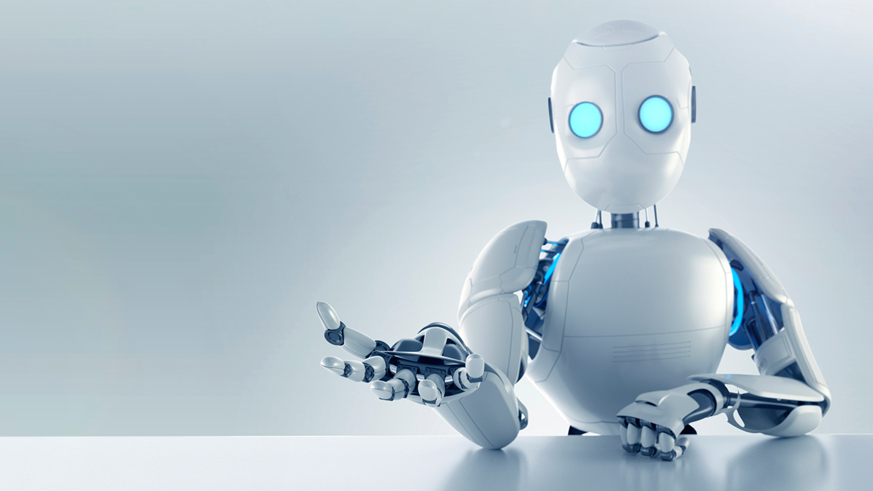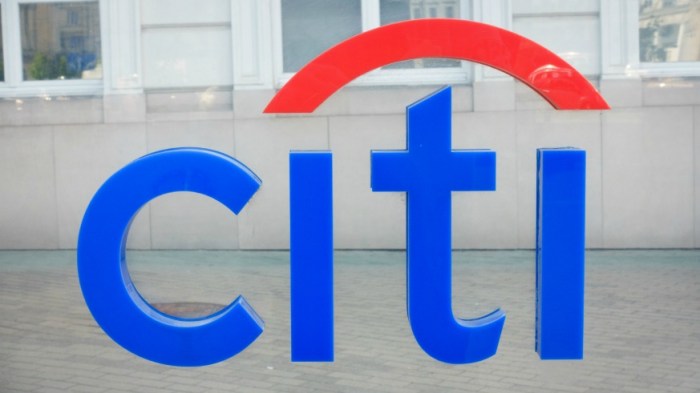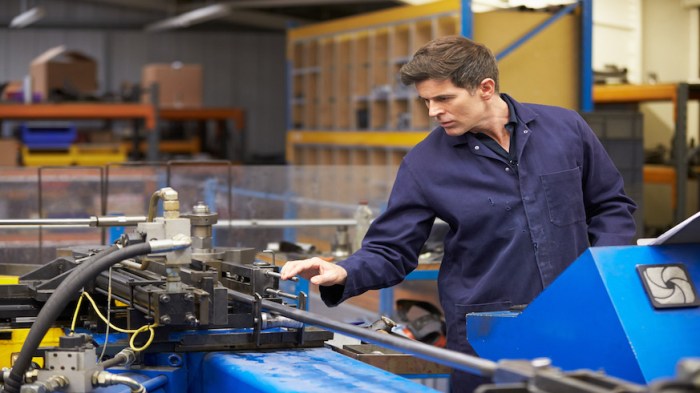You’ve probably joked about it with your friends at one point or another. “Why bother? Robots are going to take our jobs anyways.” As insane as that used to sound, this fear ripped from the pages of a sci-fi novel may no longer be as far off in the distant future as you would think. The truth is, artificial intelligence (AI) is rapidly changing the ways that companies are getting things done and that may not be the best news for many people who are joining the workforce.
In a report released last March by the consulting group PwC, they estimated that 38% of all jobs in the US will be turned over to AI robots by the year 2030. This raises the question: will your job still be waiting for you by then? And if not, is that really such a bad thing? The report explained that the industries that will be affected the most by AI will be transportation and storage (down by 56%), manufacturing (down by 46%), wholesale and retail (down by 44%) and lastly health and social work (down by 17%). We spoke to Matthew Lieberman, a Director at PwC, to see if he could explain how AI is reshaping the world as we know it.
“Both consumers and Business Decision Makers are, by and large, optimistic about AI,” says Lieberman “and we are looking at in three ways: society, AI assistants, and Management.”
He found that although the percentage of jobs lost to technology seems staggering, that these advancements will only bring positive change to people’s lives. “Consumers were surprisingly more optimistic than we anticipated. Less than half of consumers believe AI will harm people by taking away jobs and only less than a quarter believe AI will harm people and threaten humanity. In fact, the majority believe it will help solve complete problems that plague modern society and help people live more fulfilling lives.”
As Lieberman sees it, this transition has already been taking place in the world of customer service to enormous success. “The lines are becoming blurred between humans and bots. 27% of consumers weren’t sure if their last interaction was with a human or a chatbot, and many are seeking a hybrid bot human premium to best meet their needs.”
Although many of the jobs we have come to know will soon be filled by robots, PwC’s report concludes that it will lead to a “higher average real income levels across the country as a whole due to higher overall productivity”. They also predict that there will most likely be jobs created for humans out of the need to service these new artificial workers. This could create a brand new industry that could open up new possibilities for workers displaced by these technological advancements.

























